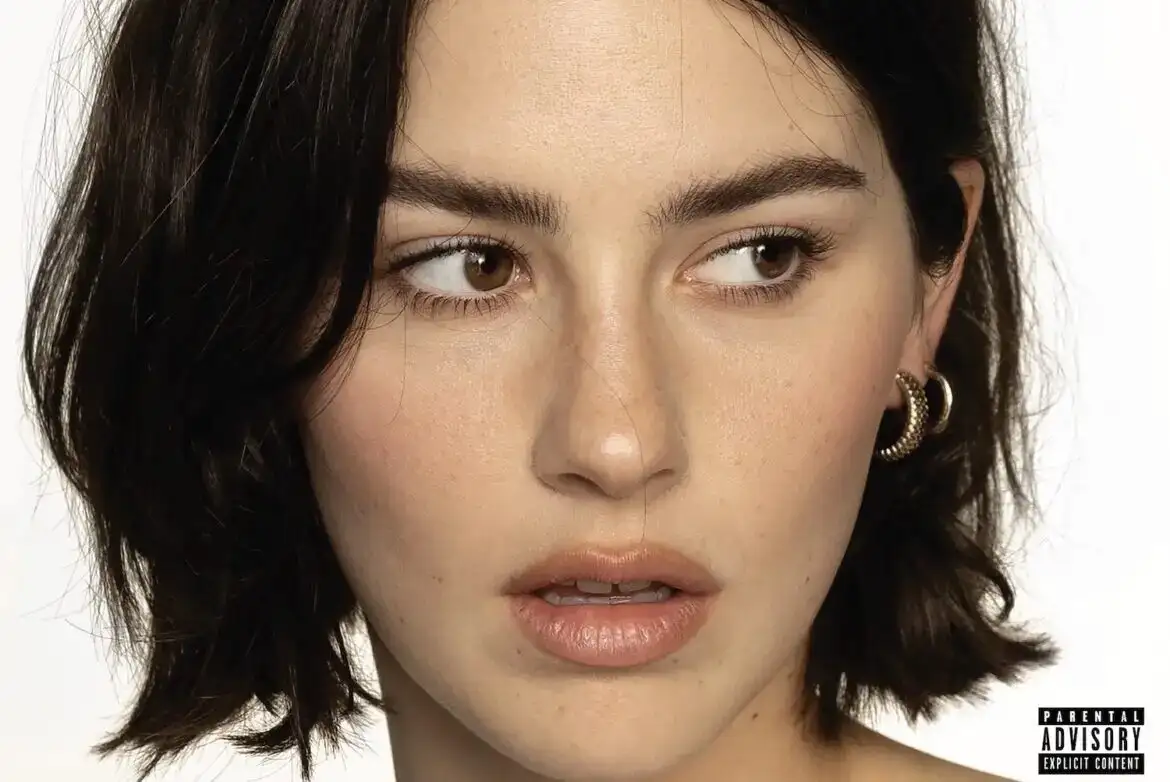Song Analysis: Gracie Abrams: 21—The Love of Youth: You Loved the Wrong Person, But Your Love Was Right

Translated by AI
Gracie Abrams is a remarkably young yet talented singer hailing from America. Her music leans toward indie and pop, characterized by a gentle voice that exudes warmth. Gracie's lyrics often delve into themes of love, growth, and internal struggles, resonating profoundly with listeners. Despite her age, her compositions demonstrate maturity, reflecting her dedication and passion for music. Among her most renowned works are "21," "That's So True," and "I Miss You, I'm Sorry." Today, we will begin with an exploration of "21."
Listening to "21," one can sense the profound emotions and stories woven into its fabric. Gracie Abrams' "21" primarily narrates the journey of love and personal growth. Through retrospection, she recounts the struggles and reflections she faced at twenty-one, grappling with a compelling yet unrelenting romance.
The song emits an overarching sense of solitude; she expresses a preference for contemplating past events in the stillness of night rather than succumbing to sleep. In these moments, she revisits the nuances of the relationship, whether joyful or painful, becoming ensnared in memories. Many of us have experienced such a relationship — regardless of how it ended, the love existed, it was lived, even if only briefly. Alone in the night, we relish those fleeting moments. From ephemeral snapshots to fleeting audio recordings, don't we all? When memories overflow, they become inescapable. Allow the night to linger; don't force me to awaken.
When she sings, "I missed your twenty-first birthday," it's a poignant admission of regret and guilt for missing a significant moment. Such a miss underscores how once perfect companions now navigate life as strangers, reducing a milestone to a mere afterthought. Young love often arrives hastily and departs abruptly; even the deepest connections may fracture. Encountering such inevitable heartache for the first time feels like death within, leaving one silent and trapped. Yet, with time, pain dilutes as we grow.
The song chronicles her lingering obsession and reluctance to let go of lost love. However, as the melody advances, it subtly reveals her resolve to break free from emotional shackles and embrace personal growth. When she voices, "thought I was healing," it signals her determination to liberate herself from pain and rediscover purpose. Never deny having loved deeply; perhaps the person you loved aches for the present you. Ultimately, the person might have been wrong, but your love remains unblemished. "You deserve better," is a phrase often heard, isn't it?
Underlying this is the sentiment: "I'm sorry; I wish to evolve in love, but not for you."
Alternatively: "But I see you as the best."
At the core: "You needn't be exceptional; just stay."
Turn around; don't fear hurting each other inadvertently through blindness isn't malicious. The wounds aren't as dreadful as imagined, nor are they less painful.
Countless tales remain untold in short lifetimes, acts diverging vastly from intent, taking improbable paths for a polished conclusion. Yes, it's messy, painful, foolish, but that's alright, okay? Days in decades, lives in centuries. Galaxies light-years away may mirror our own existence. Whose parallel universe are we?
Unspoken words always find meaning. Life is too brief to linger on mere phrases — it'd be exhausting, right? Don't be mired in teenage years. Luckily, we'd eventually realize unloving companionship holds no significance.
To sum up, this song conveys a narrative of growth amid romantic trials, deep contemplation over lost love, and ultimately, a powerful message of moving forward.










